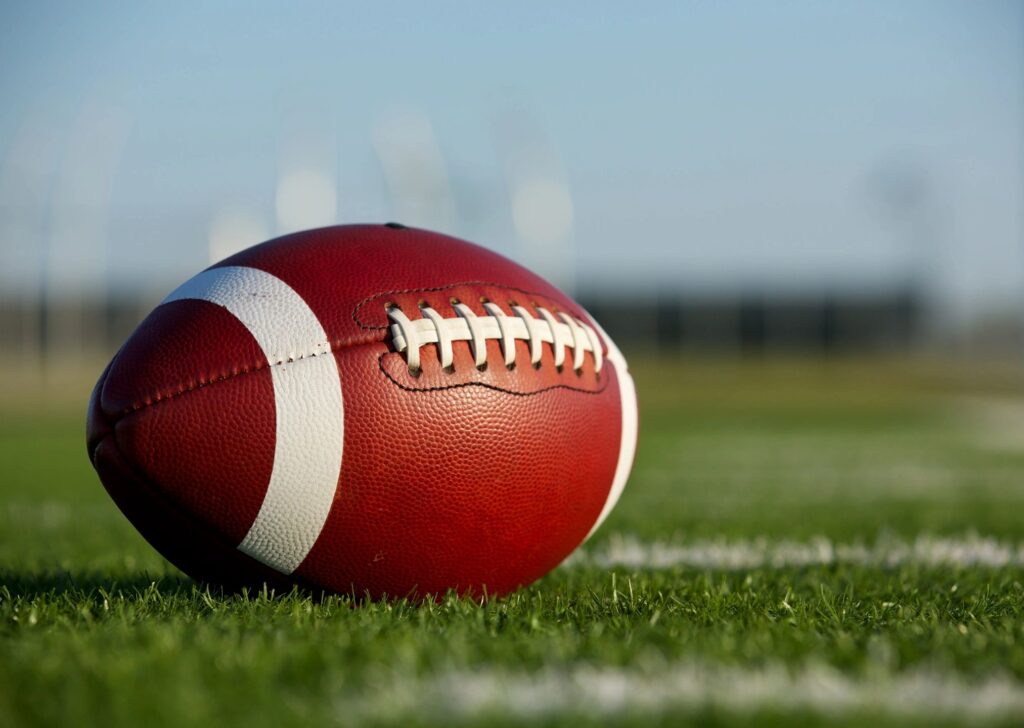
College student athletes in Georgia would start receiving financial compensation under legislation that cleared the General Assembly late Wednesday.
The bill, sponsored by House Higher Education Committee Chairman Chuck Martin, R-Alpharetta, would allow Georgia athletes to earn compensation for the use of their “name, image or likeness” by the public, private or technical colleges they attend.
It aims to prepare Georgia for the legal impacts of a future when – either by choice or a judge’s order – the NCAA starts permitting student athletes to gain financial benefits for their talents and Congress potentially approves laws on athlete compensation.
It’s only a matter of time before college athletes will be allowed to reap profits from their skills, said Sen. Bill Cowsert, R-Athens, who carried the bill in the state Senate. Other states have already started preparing to gain a recruiting edge over Georgia schools by passing similar compensation laws, he said.
“This will be allowing players and amateur athletes to be compensated when somebody’s using their name for profit,” Cowsert said on the Senate floor.
Under the bill, college athletes in Georgia would be required to take five hours of a “financial literacy and life skills workshop” to ready them for the added burdens of receiving compensation for sports performance.
Student athletes would also have to deposit their earnings in an escrow account from which they could not withdraw funds until at least one year after they graduate or leave school.
Additionally, Martin’s bill bars schools from offering cash or other incentives to high-school recruits and would require sports agents seeking to represent college athletes to obtain the same type of license needed to represent professional athletes.
The Senate passed the bill by 50-2 Wednesday with Republican Sens. Steve Gooch of Dahlonega and Blake Tillery of Vidalia voting against it. It then cleared the state House of Representatives by a 43-8 vote with some Republican lawmakers voting against, and now heads to Gov. Brian Kemp’s desk for his signature.
The bill comes amid a flurry of lawsuits in recent years challenging the NCAA’s authority to block student athletes from receiving compensation while also profiting from their skills through advertising and video games.
Backers of allowing college-athlete compensation contend students are treated unfairly by institutions that gain from their playing abilities but often do not cover all of their costs to attend school, including textbooks and travel, even with full scholarships.
Opponents, including the NCAA, have argued paying or otherwise incentivizing college athletes would detract from their focus on school classes and other on-campus activities, as well as trampling on colleges’ authority to set their own rules when it comes to athlete compensation.
The U.S. Supreme Court is taking up a case soon from California brought by a former college athlete, West Virginia running back Shawne Alston, who sued the NCAA and several college leagues in 2014 for not allowing compensation to pay for costs beyond what his scholarship covered.
The NCAA appealed to the Supreme Court after Alston won in lower and appellate courts. The high court heard oral arguments in the case on Wednesday.
This story has been updated to reflect Rep. Martin’s bill gained final passage late Wednesday night.